Travelling teaches you what you never noticed about home…
By Paul Gallant
After returning from my first travels overseas, a friend asked me what I had learned. I said something like, “I discovered what it’s like to live in Canada.” He was confused, but what I meant was that, just like a fish doesn’t know it’s been wet all its life until it finds itself out of water, visiting elsewhere teaches you what you never noticed about home.
In a year when tensions have been running high around issues of identity, ethnicity, fairness and power, those who have experienced different cultures have something special to tell us about who we are and how we can do things better. LGBT people with intersecting identities—different skin colour, different cultural or ethnic backgrounds—often see things the rest of us can’t. Perhaps finding the culture they were raised in to be homophobic, they may take refuge in the LGBT community, only to be treated like an “other” to be feared or fetishized. Their ability to see and feel the water they swim in can come at a personal price: the frustration and challenge of knowing that things could be otherwise.
Artist, actor and filmmaker Gilda Monreal co-wrote, co-directed and co-starred in the short film Cold, which is part of the queer programming stream at this month’s CaribbeanTales International Film Festival. Her parents moved to Montreal from Chile during the rule of dictator Augusto Pinochet. Although Monreal was born in Canada, she says her home was culturally Latin, and by the time she was 19, she identified strongly with being Chilean and has spent considerable time there. “Why is it I gravitated to certain literature, a certain kind of poetry? Why is it that certain things resonate with me more emotionally than others?” says Monreal, also known as Fiya Bruxa.
Montreal’s multiculturalism adds layers to her work and provides her with sharp insight on Canada’s quirks, inhibitions and prejudices (surely, it also works in the reverse direction when she’s in Chile). As a street muralist, for example, she finds the Canadian funding agencies and cultural gatekeepers treat street art as a beautification initiative, rather than as a political statement, as it is considered in Santiago.
Listening takes a lot of work, especially when what we’re hearing doesn’t match with our existing view. Unsurprisingly, art can change hearts and minds more effectively than rants on a Facebook timeline. Cold is a poetic and sensual showcase for Monreal and co-star, co-writer and co-director Judith Rodriguez Perez. But through its very existence, it makes a much broader political statement, having won recognition at both LGBT and ethnically focused film festivals. “We didn’t intend to target multiple audiences. It came from a place that was just us,” says Monreal. Though the film had little dialogue, the filmmakers worked in English, Spanish, French and Italian. And most importantly, their hearts were in the right place. “We felt like it was important to say because of different stories of our friends and people close to our lives who had been persecuted for being part of the LGBT community, especially in a Caribbean and Latin context. We wanted to tell a story that was almost an ode to all those who had faced extreme persecution.”
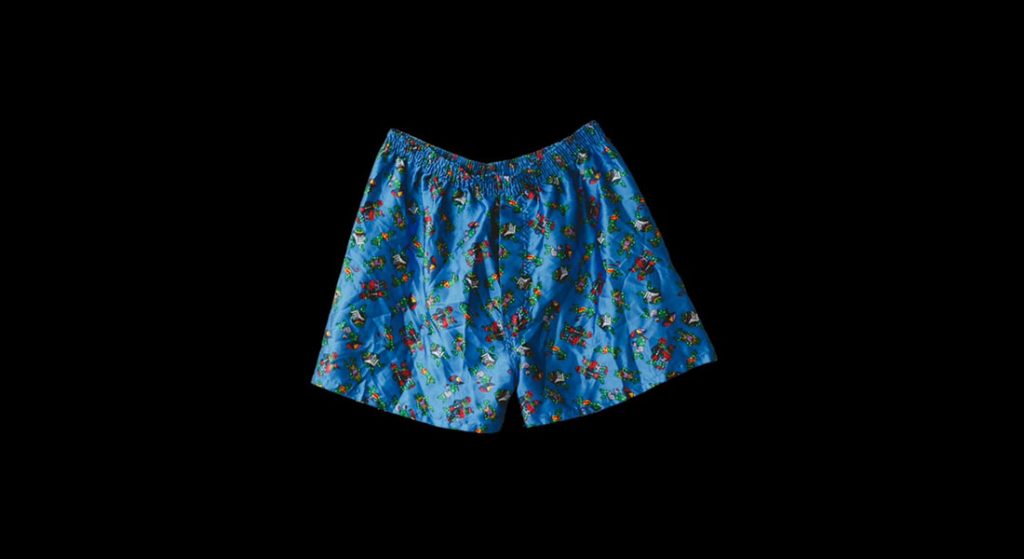
Lezlie Lee Kam’s short film, My Silky Blue Frog Shortz, also screening at CaribbeanTales, is an endearing and playful story about how her body feels and how it’s seen as she has gotten older and become disabled. Lee Kam has a very specific way to describe herself: a Brown, Trini, Carib, Callaloo dyke. When I ask her how this phrase has evolved over time—she came to Toronto from Trinidad 46 years ago and came out as a dyke 40 years ago— she isn’t so interested in answering. Though she’s chosen these terms carefully, she doesn’t want them to be second-guessed or prioritized by others. “To me they are not labels,” she tells me. “Those are my identifiers. They’re very important to me as being part of this world. I also use another term: I’m a World Majority person because the majority of people in the world right now are people of colour.” The way our institutions categorize people can come off as arbitrary and unfair—and very shallow. Lee Kam complains that she’s often assumed to be trans these days, as if other people know her body better than she does.
Back in 2012, when Omar Sharif Jr. (son of the famed Egyptian actor) came out, his tone was almost apologetic. “Will being Egyptian, half Jewish and gay forever remain mutually exclusive identities? Are they identities to be hidden?” he wondered. I’d argue that these intersecting identities can bring significant chunks of the world together. Yet humans have a difficult time reconciling multiple layers of identity, feelings and attitudes. As Daily Show host Trevor Noah said during this past summer’s bloodbath in the US: “If you’re pro Black Lives Matter you’re assumed to be anti-police, and if you’re pro-police, then you surely hate black people—when in reality, you can be pro-cop and pro-black, which is what we should all be.” We are capable of carrying multiple loyalties in our hearts, though there can be something that makes us want to deny it in ourselves and refuse to believe it of others.
So much of the rather embarrassing white, middle-class male agitation about Black Lives Matter protesting Pride Toronto in the middle of the Pride parade this summer was a failure in so many ways: a failure to see parallels between race and sexual orientation, to see history repeating, to set aside indignation for compassion, to acknowledge that Black Lives Matter might actually have a broader view than their critics. Obsessed with tactical minutiae, critics of Black Lives Matter seemed unable to hear themselves depicting the Honoured Group as some ill-mannered “other.”
Black Lives Matter, whose leadership in both Canada and the U.S. contains a substantial number of LGBT people, seems especially well positioned to call out oppression both queer and racial. Those who, back in the day, were mortified by how the “unruly” patrons of New York’s Stonewall Tavern responded to police harassment back in 1969 have clearly ended up on the wrong side of history. Whatever anyone thinks of the demands made of Pride by Black Lives Matter—the banning of uniformed police officers and police floats being the most extreme—they were certainly not out of line in defining the conversation.
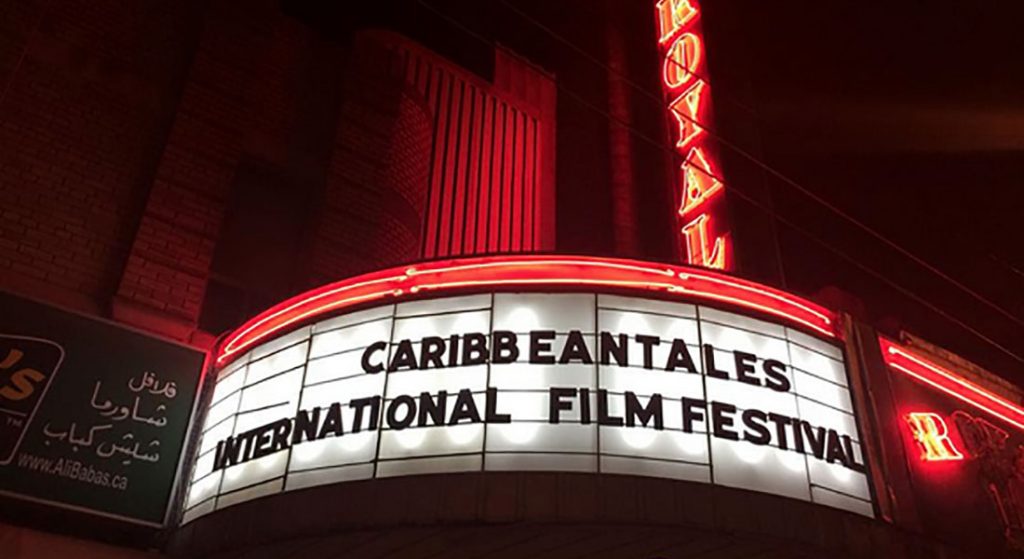
The 11th annual CaribbeanTales International Film Festival runs from September 7 to 17. caribbeantales.ca/ctff/
PAUL GALLANT is a Toronto-based writer and editor who writes about travel, innovation, city building, social issues (particularly LGBT issues) and business for a variety of national and international publications. He’s done time as lead editor at the loop magazine in Vancouver as well as Xtra and fab in Toronto and is currently development editor at Yongestreetmedia.ca.

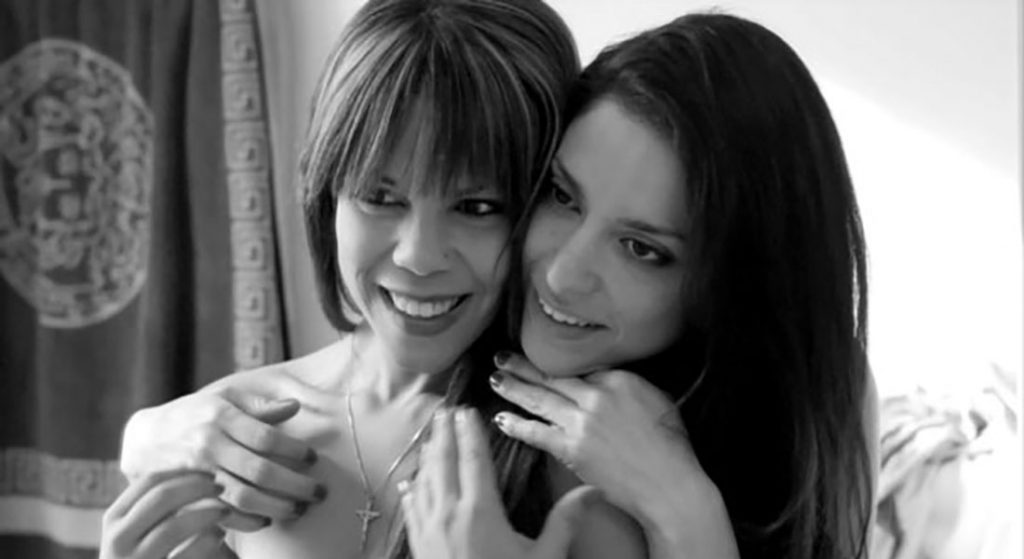

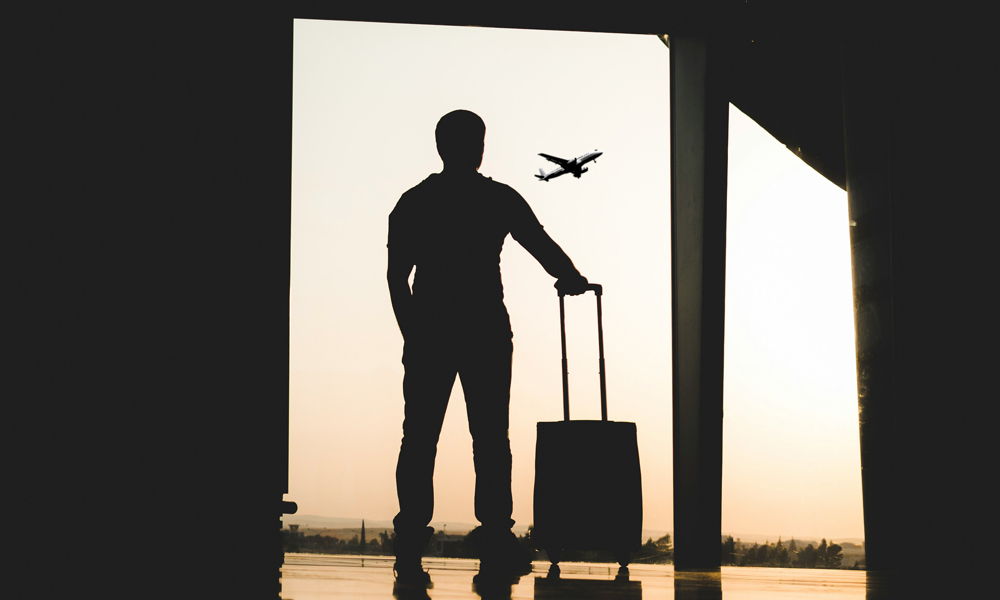
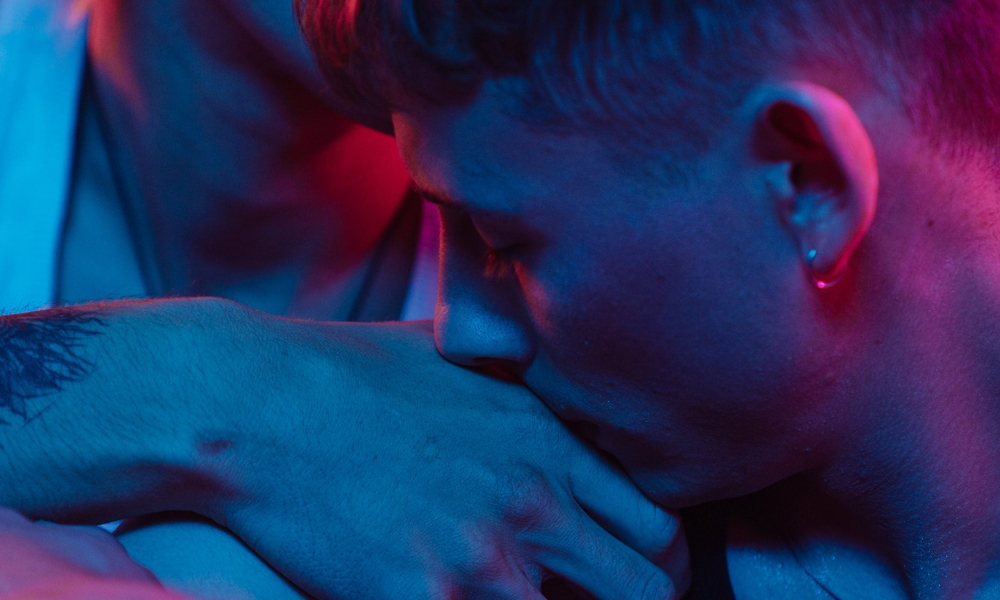

POST A COMMENT